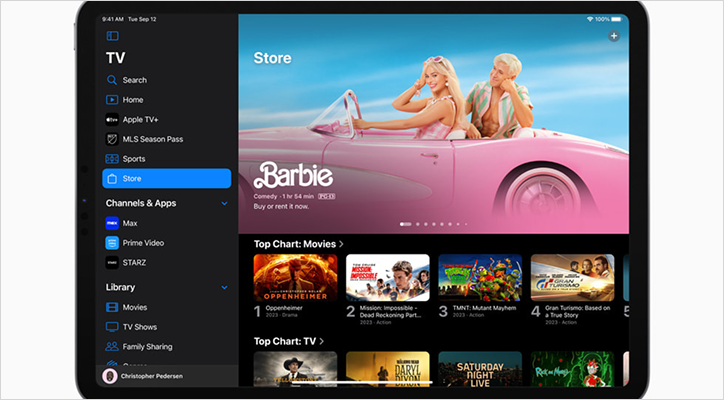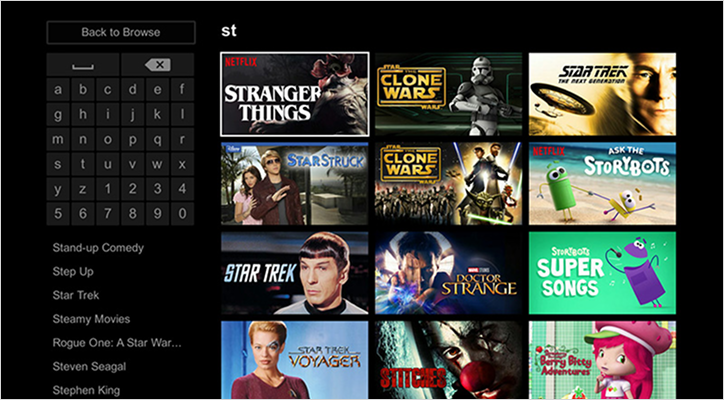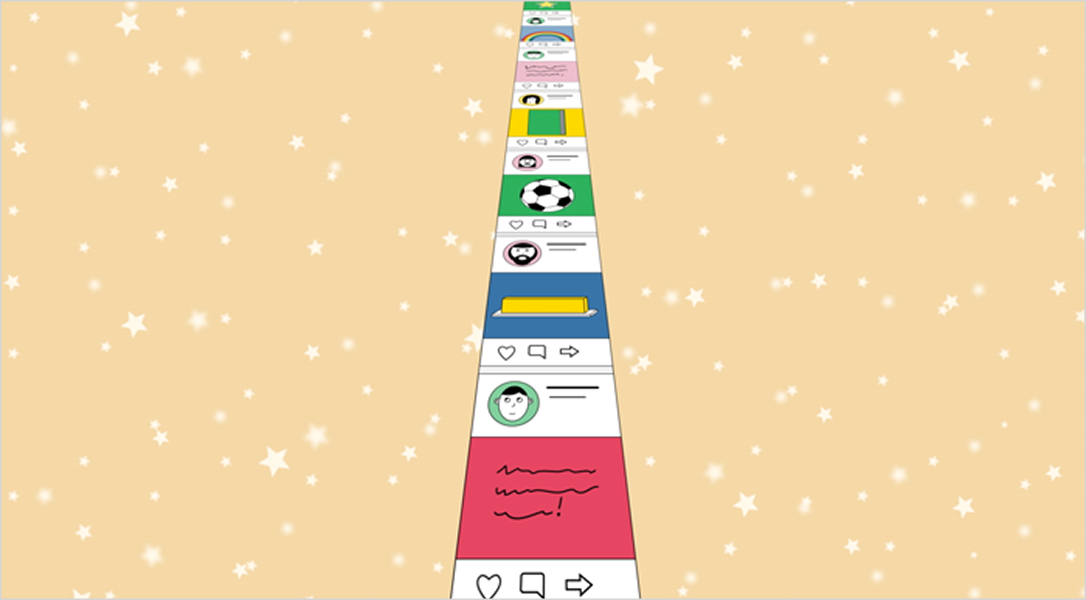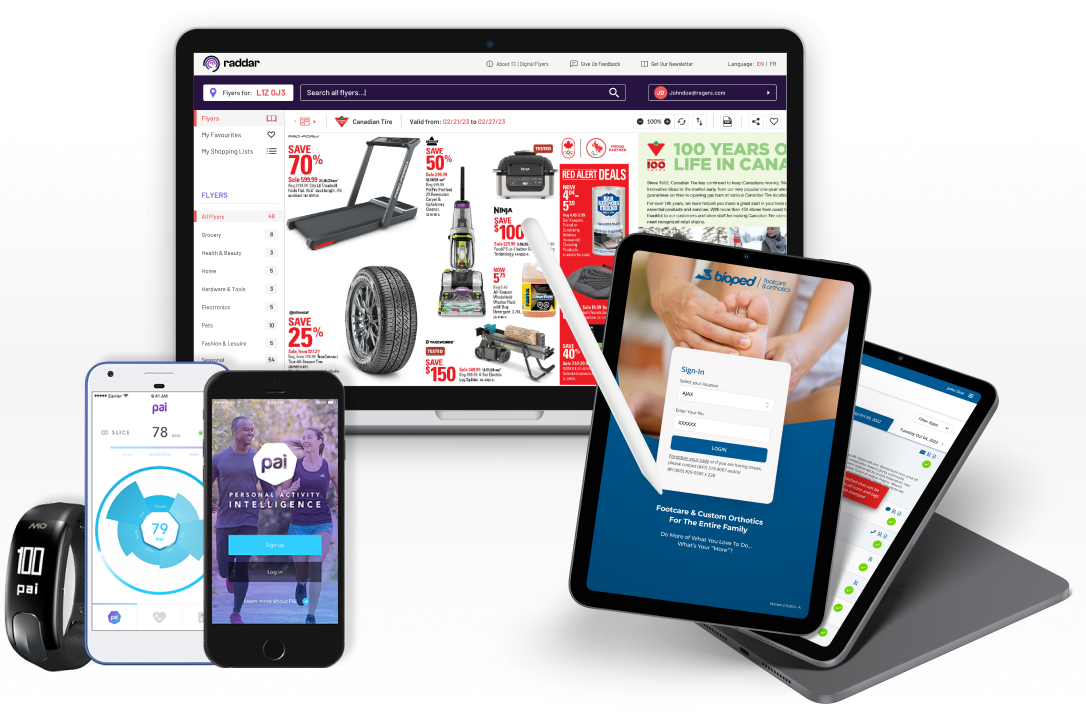
Approximating Design: The Power of Familiar UI Models
March 28, 2025 | Joseph Drake
3 min read
When it comes to UI/UX, innovation is often mistaken for reinvention. Many businesses strive to create something entirely unique to stand out, but the truth is, users don’t want to learn a new interaction model every time they visit a website or open an app. They expect interfaces to behave in ways they already understand—from the swipes on their phones to the menus on their TVs. By approximating familiar design patterns, companies can drive engagement, enhance usability, and ultimately, support their business goals.
The Psychology of Familiarity
People interact with digital products daily, forming habits around common UI patterns. This means that when users encounter a familiar navigation style, search function, or content display, they instinctively know how to engage with it. Reducing friction in this way leads to a more seamless experience, higher conversion rates, and lower bounce rates.
Navigation:
Borrowing from Mobile & Streaming UI
Think about how users navigate a mobile app or a smart TV interface. Swipe-based navigation, bottom tabs, and persistent menus have become second nature. Websites that adopt similar patterns—such as sticky menus or thumb-friendly interactions—keep users engaged because they don’t have to think about where to go next.

Search:
Making Discovery Effortless
Users are trained by Google, Amazon, and even streaming platforms like Netflix to expect predictive search, filters, and quick results. A business that prioritizes a robust, responsive search experience—rather than a clunky, old-fashioned search bar—helps users find what they need faster, reducing frustration and increasing conversions.

Content Display:
The Infinite Scroll Effect
Social media platforms have conditioned users to scroll. Endless feeds, card-based layouts, and “load more” buttons feel natural to users who expect content to flow continuously. Websites that embrace these patterns, rather than rigid pagination or static grids, keep users browsing longer.

Balancing Familiarity with Boldness
At KPDI Digital, we believe in bold, forward-thinking digital experiences. But bold doesn’t mean forcing users to rethink how they interact with an interface. The most successful digital products blend creativity with practicality—leveraging familiar UI models to reduce cognitive load while still delivering a visually compelling and distinct brand experience.
While there’s always a temptation to be different, businesses that prioritize usability over novelty often achieve better results. Whether you’re investing in custom website design and development, custom app development, or refining an existing platform, aligning with user expectations will always yield better engagement and support your business goals.
As a UX design agency, KPDI Digital helps businesses create digital experiences that feel intuitive and frictionless. Whether it’s custom website design and development, custom app development, or optimizing an existing platform, the key is balancing creativity with usability.

Need help with UX/UI for your company or just want to know more?
Schedule a quick FREE 15 or 30-minute chat We’re eager to hear how we can help.
